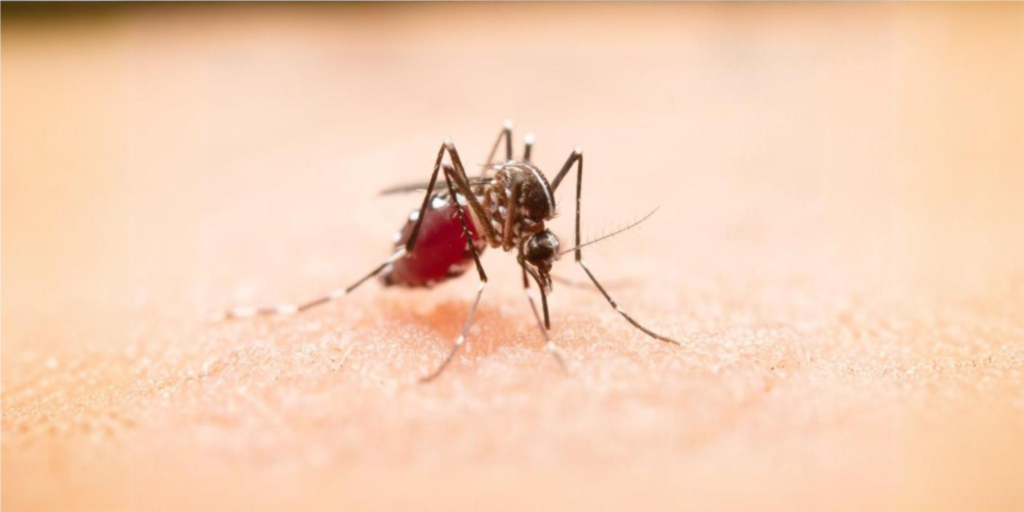Tags
A good start: YouTube’s long-term vision for medical misinformation policies
Author
Author
- admin / 1 year

- 0
- 2 min read

The platform will streamline existing guidelines to fall under three categories – Prevention, Treatment, and Denial.
By First Check team
As the threat of health misinformation continues to loom large across the globe, YouTube recently announced its long-term vision for medical misinformation policies on the platform. The video platform will start by removing content that promotes “cancer treatments proven to be harmful or ineffective” or which “discourages viewers from seeking professional medical treatment”, it said.
In line with the recently introduced guidelines, YouTube will be taking down videos that endorse unverified and hazardous cancer cures and preventive measures as opposed to scientific treatments and methods approved by medical professionals. This is a welcome move, given the enormity of the public health challenge and perils of misinformation related to cancer.
The platform has also collaborated with the Mayo Clinic and has been “publishing a playlist of engaging, informative cancer-related videos from a range of authoritative sources”.
Moving forward, YouTube will streamline existing guidelines to fall under three categories – Prevention, Treatment, and Denial. Content that contradicts health authority guidance from regional health authorities or the WHO will be removed from the platform, as per the latest policy.
The video platform had previously implemented measures to address vaccine misinformation, such as discontinuing ad placements on anti-vaccine conspiracy videos during the pandemic. In October 2020, the platform began removing videos containing COVID vaccine misinformation, and by late 2021, it implemented a complete ban on vaccine misinformation across its platform.
Prior studies have emphasised the pervasiveness of misinformation within medical content on the platform. A review of the top 150 YouTube videos addressing bladder cancer in 2020 revealed that 67 percent of these videos displayed information of “moderate to poor” quality.
Even as YouTube strengthens its medical misinformation guidelines, the fact remains that this is going to be an uphill task. Can the platform antagonise influencers with millions of followers by taking down their harmful content? Or will they manage to get everybody to toe the line? Only time will tell.









